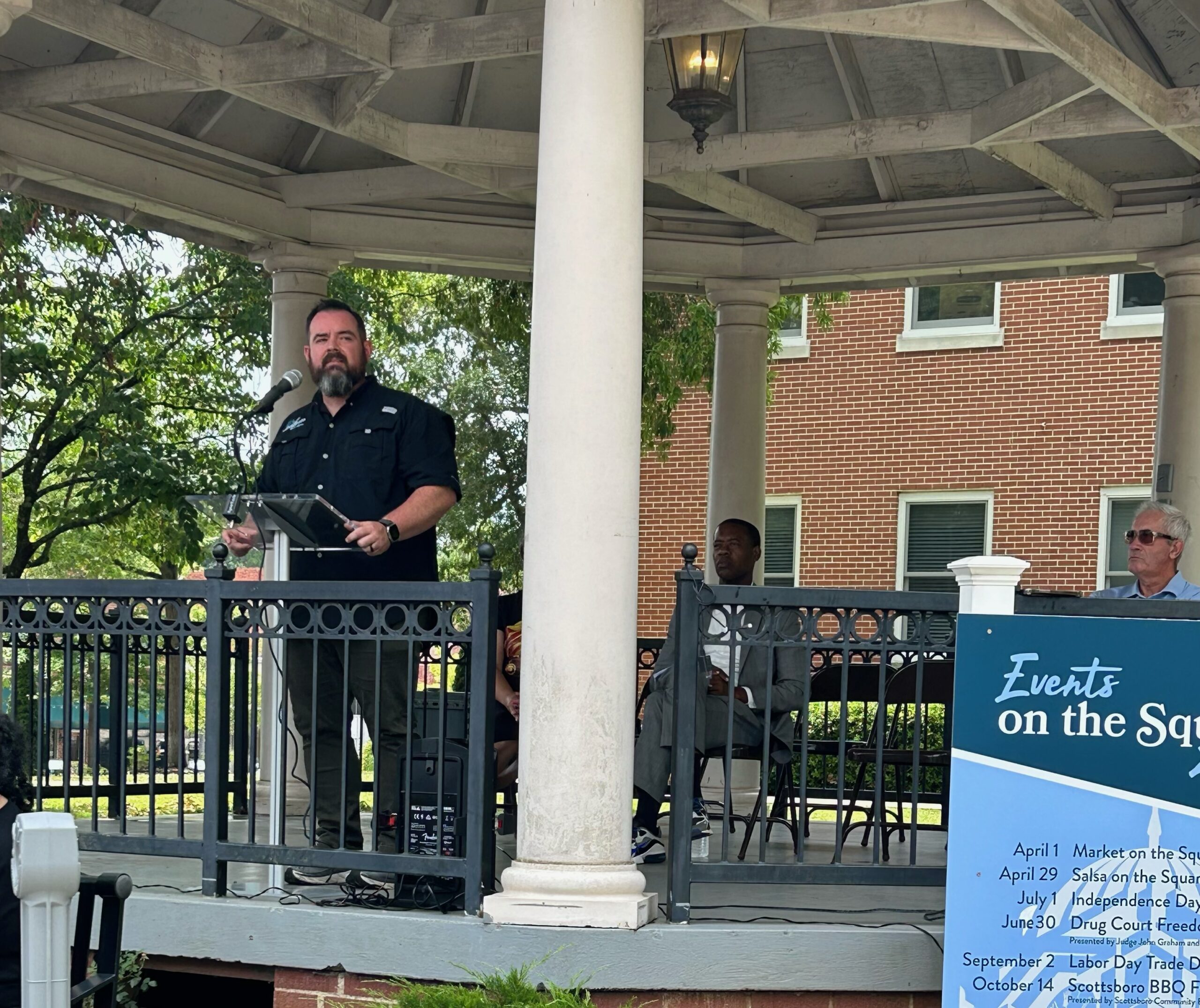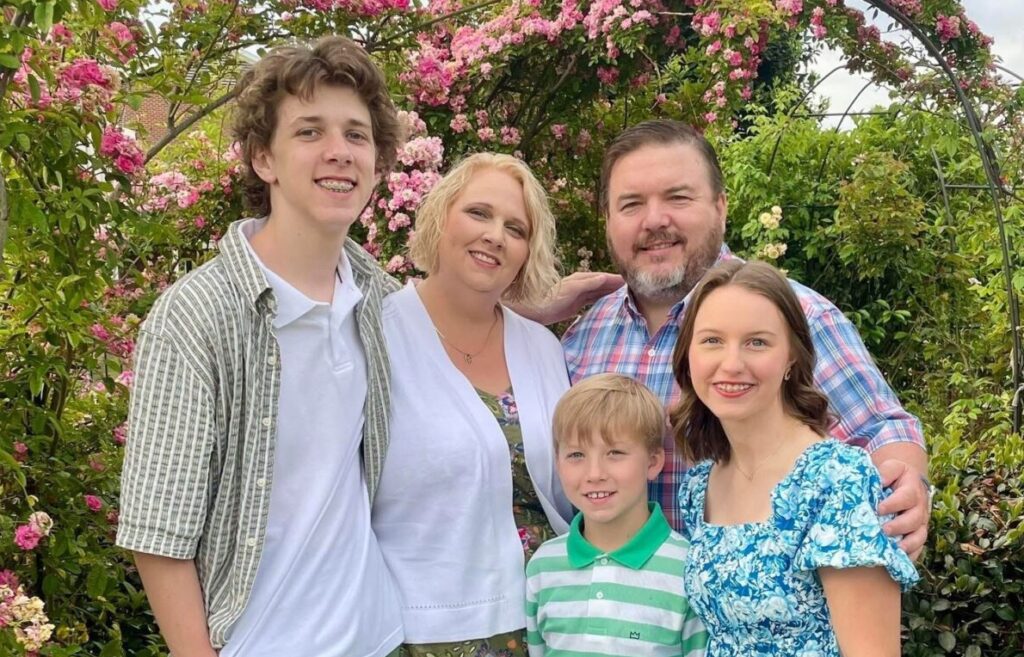Like many people, Ryan Johnson says Juneteenth wasn’t on his radar several years ago.
But now that he knows more about it, he sees it as an opportunity to show the gospel by loving others and working toward Christian unity.
“If churches can lead the way, they can set the tone,” said Johnson, pastor of Agape Baptist Church in Scottsboro.
Juneteenth, which is celebrated annually on June 19, became a federal holiday in 2021. It marks the day in 1865 when 250,000 slaves in Texas were given their freedom by the U.S. Army — more than two years after President Abraham Lincoln’s Emancipation Proclamation.
Learning about injustice
For Johnson, the holiday is a chance to show love, build bridges and model the gospel in his community. It’s an opportunity to work toward the unified picture of all tribes and peoples and languages in Revelation 7:9, and it’s also a chance to lament over injustice.
He said it’s been a journey for him.
When Johnson was serving as a pastor in Abbeville, he heard a story that was new to him, a story of something that happened in the city.
In 1944, a young Black woman named Recy Taylor was kidnapped while leaving church and sexually assaulted by six men. The men confessed to the crime and were tried twice, but both times the courts didn’t convict them.
Johnson said that story sat heavy with him, and when he moved to Scottsboro a few years later, he heard another story of injustice — the Scottsboro Boys trials. In 1931, nine Black teenagers were falsely accused of sexually assaulting two white women aboard a train near the city, and all but the youngest — who was 13 — were sentenced to death.
Looking for change
The case got international attention, and people began protesting the boys’ verdicts. For years, the trials and retrials went on, including landing in the U.S. Supreme Court twice — all while the boys were behind bars.
“A lot of people say that spurred on the national civil rights movement in the U.S.,” Johnson said.
Then in 2020, when racial tension started to escalate after a white police officer’s excessive and seemingly unnecessary actions in Minneapolis resulted in the death of George Floyd, a Black man, Johnson said he and several other faith leaders in Scottsboro gathered together to read civil rights leader John Perkins’ book, “One Blood: Parting Words to the Church on Race and Love.”
“That was very helpful; there were a lot of diverse opinions,” Johnson said.
Then after a threat of violence emerged in 2021, Johnson and other faith leaders decided to hold a unity march.
“We marched from the Scottsboro Boys museum to downtown and held a rally at the courthouse for racial reconciliation and unity,” he said.
Two reasons for participating
For Juneteenth in 2023, they repeated that event.
“I think it’s going to become an annual thing for remembering the Scottsboro Boys incident and working toward justice,” Johnson said.
At the rally that day, he shared a message and said he had two reasons for being there. One to celebrate the freedom that was granted to slaves in Texas on June 19, 1865, because remembering that history shapes the culture in the Scottsboro community now and in the future.
The other reason, Johnson said, was to preach a gospel that doesn’t leave a “gaping hole.”
“Division is a gospel issue,” he said, noting that many people who have claimed Christ have believed they could “be reconciled to God but not reconciled to our Christian brothers and sisters who don’t look like us.”
‘All image bearers of God’
He told those present that “we stand united in that we are all image bearers of God. We all have one God-sized need, to be transformed by the salvation that is found in Christ alone. And we are together one race with one blood.”
Johnson said churches can participate in Juneteenth by celebrating the American principle of freedom being applied consistently to all people, coupled with the biblical principle that every person is made in the image of God and worthy of respect and dignity.
“It is really an evangelistic opportunity when you think about it,” he said. “I want more churches to see this as an opportunity.”
To read more about Alabama Baptists journey toward racial unity, visit tabonline.org/racial-unity.






Share with others: